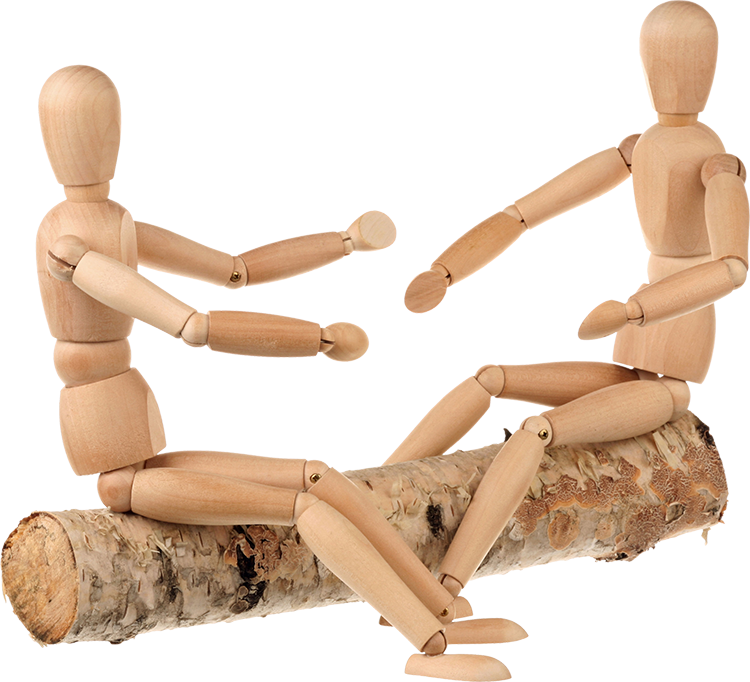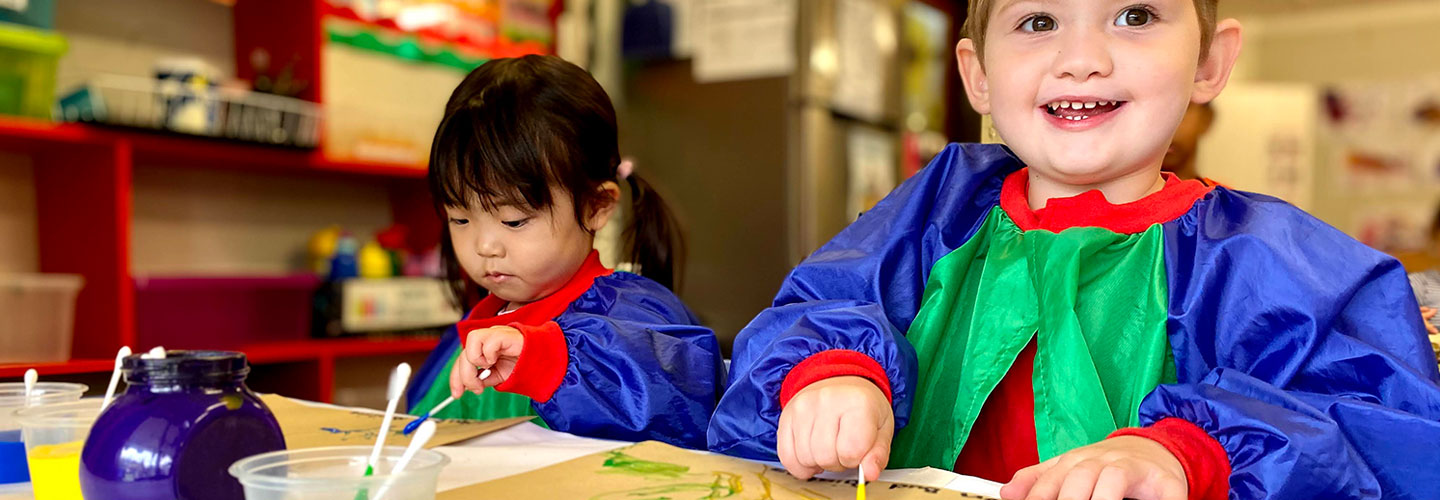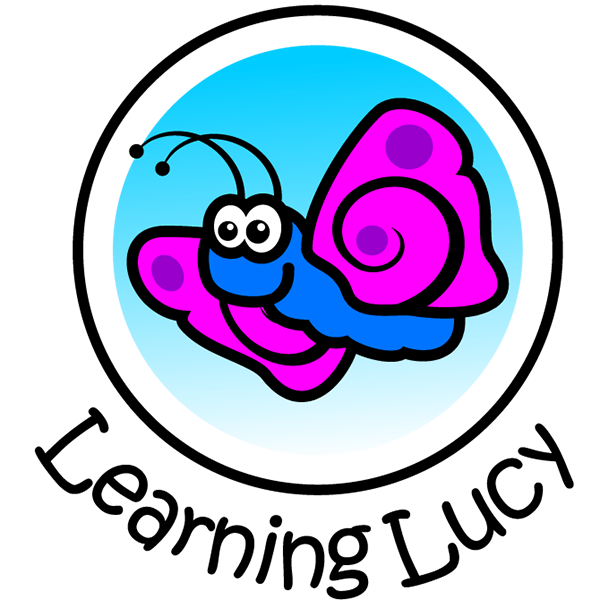Early Childhood Education
Our Childs World Early Learning Centres have established their own curriculum which reflects Early Years Framework. Listening to each child’s aspirations and curiosities is a vital part of our curriculum and we customise the learning encounters to meet their personal needs and interests.
The Early Years Framework.
The Early Years Framework is designed to ensure that all children experience quality teaching and learning. The framework is focused on play-based learning and inspires conversations and improves communications between children, families and early childhood teachers and educators.
Fundamental to the framework is a view of children’s lives as characterised by belonging, being and becoming.
BELONGING – Experiencing belonging. Belonging acknowledges children’s interdependence with others and the basis of relationships in defining identities.
BEING – Being recognises the significance of the here and now, it is about engaging with life’s joys and complexities and meeting the challenges of everyday life.
BECOMING – Becoming reflects the process of rapid and significant change that occurs in the early years as young children learn and grow, it emphasises learning to participate fully and actively in society.
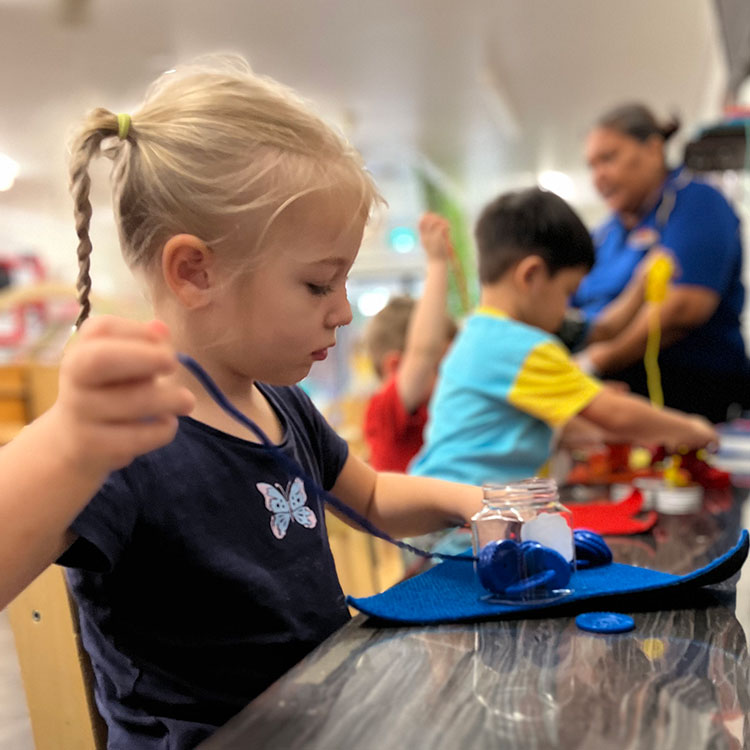
National Quality Standards
The National Quality Standard (NQS) sets a high national benchmark for early childhood education and care and outside school hours care services in Australia. The NQS includes 7 quality areas that are important outcomes for children.
Services are assessed and rated by their regulatory authority against the NQS, and given a rating for each of the 7 quality areas and an overall rating based on these results.
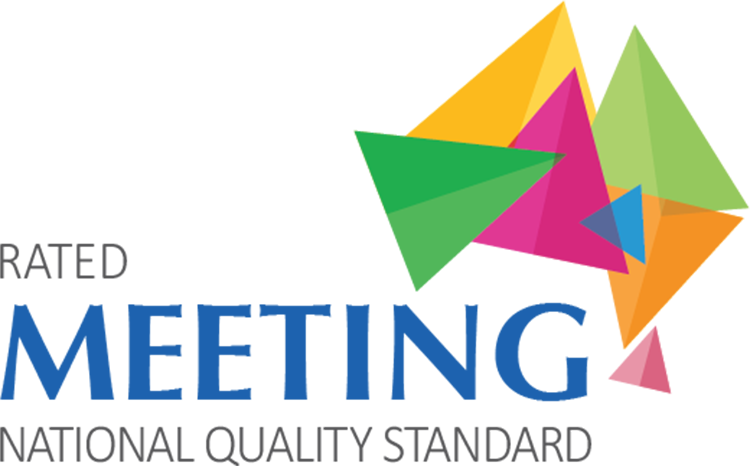
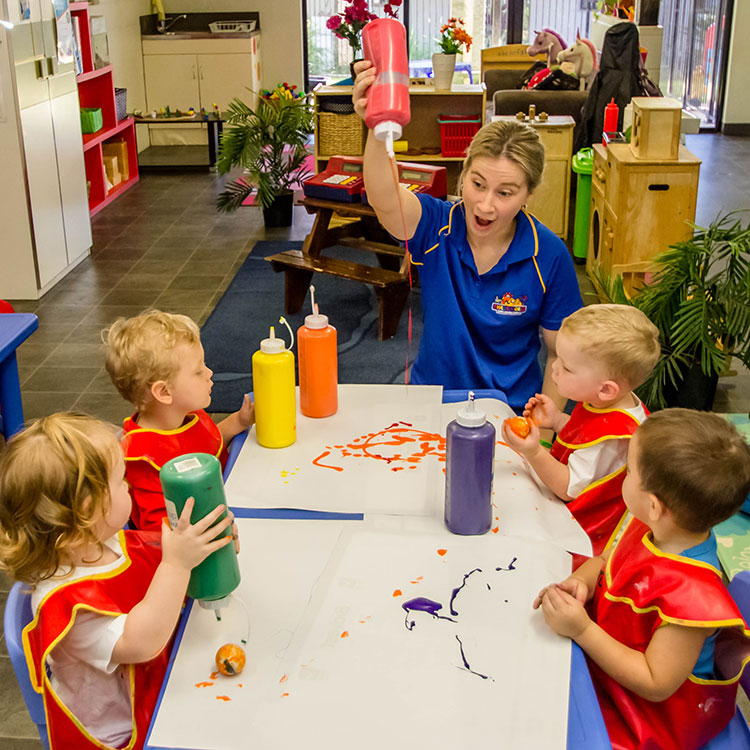
Quality Area 1 - Educational program and practice
Assessment is undertaken on the educational program and practice of educators are child-centred, stimulating and maximise opportunities for enhancing and extending each child’s learning and development.
Quality Area 2 – Children's health and safety
Assesses that children have the right to experience quality education and care in an environment that safeguards and promotes their health, safety and wellbeing.
Quality Area 3 – Physical environment
The service’s physical environment is assessed to determine it is safe, suitable and provides a rich and diverse range of experiences that promote children’s learning and development.
Quality Area 4 – Staffing arrangements
Qualified and experienced educators are assessed on how they develop warm, respectful relationships with children, create predictable environments and encourage children’s active engagement in the learning program.
Quality Area 5 – Relationships with children
Relationships with children are assessed to be responsive, respectful and promote children’s sense of security and belonging.
Quality Area 6 – Collaborative partnerships with families & communities
Assessment is undertaken regarding the collaborative relationships with families are fundamental to achieving quality outcomes for children, and community partnerships based on active communication, consultation and collaboration are essential.
Quality Area 7 – Governance and leadership
The effective leadership and governance of the service is assessed to determine how it contributes to the quality environments for children’s learning and development. Effective leaders establish shared values for the service and set clear direction for the service’s continuous improvement.
